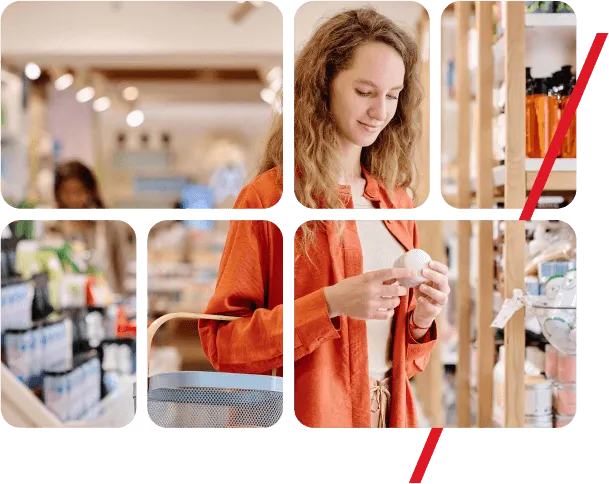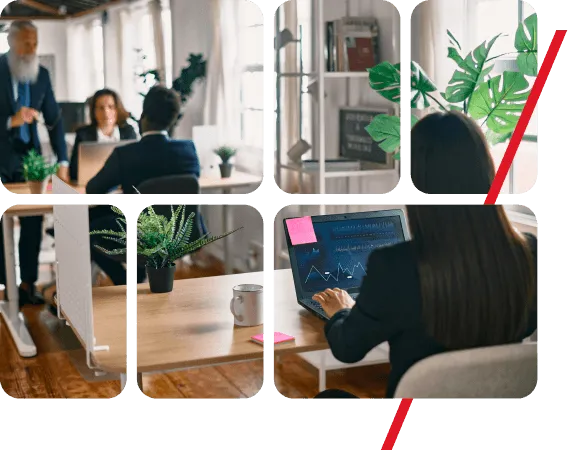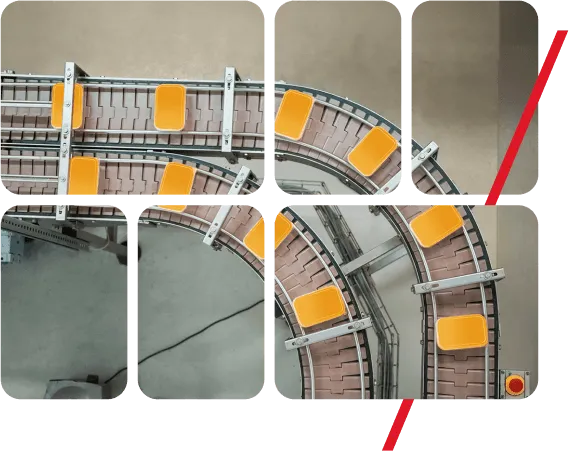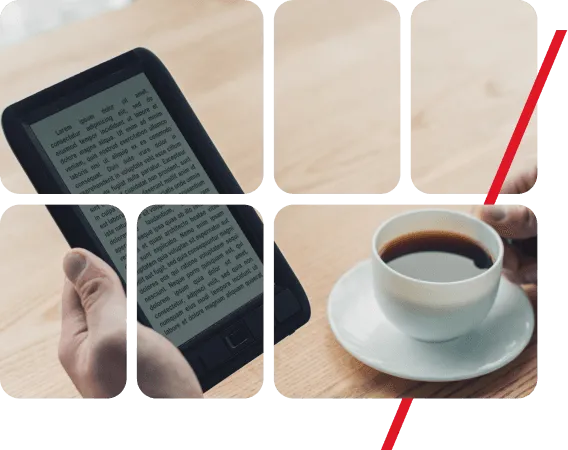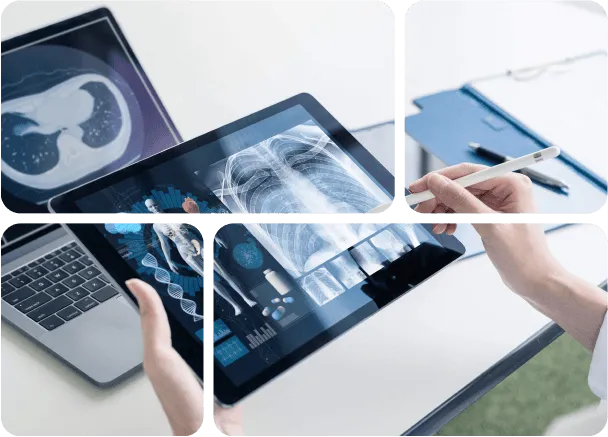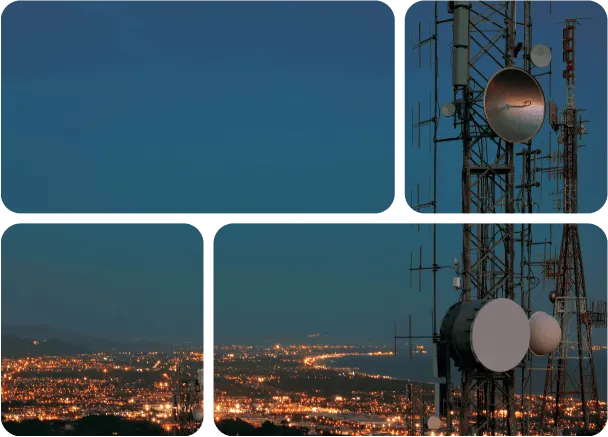By 2028, Gartner predicts that one-third of enterprise software applications will embed agentic AI, a sharp rise from less than 1% in 2024. Even more striking: at least 15% of day-to-day work decisions will be handled autonomously by AI agents. This shift marks a fundamental change in how organizations operate, and Microsoft’s Copilot ecosystem – combined with Azure AI Foundry – sits at the center of this transformation.
What Is an AI Agent?
An AI agent is more than a chatbot or productivity tool. Agents are autonomous systems that automate and execute business processes on behalf of a person, team, or entire organization. They can classify, decide, and act in real time – working seamlessly within existing enterprise systems.
Where a human may once have manually triaged hundreds of emails, scheduled onboarding activities, or routed support tickets, an AI agent can now handle those workflows end-to-end.
The Copilot Ecosystem: UI Meets Process Meets Platform
Microsoft has designed a layered approach to agentic AI, offering multiple paths for businesses at different levels of maturity:
- Microsoft 365 Copilot: Productivity AI for employees. Think of it as “Your AI Assistant for Work” – embedded directly in Office tools.
- Microsoft Copilot Studio: Process AI for teams and departments, where organizations can extend or build custom agents for specific workflows.
- Azure AI Foundry: A powerful PaaS for developers and integrators, enabling advanced use cases with scalability, finetuned models, and semantic orchestration.
This ecosystem ensures accessibility at every level: end users, “makers” who build low-code solutions, and professional developers. From natural language interfaces to deep code-first customizations, Microsoft offers multiple routes for integrating AI agents into the enterprise stack.
Case Study: HR Buddy in Action
One large enterprise with more than 10,000 employees faced a bottleneck in its HR department. A small team of seven HR professionals was drowning in over 100 daily requests – ranging from proof-of-income certificates to medical leave approvals.
The company deployed a suite of AI agents built with Power Automate, Copilot Studio, and Azure AI Foundry, yielding dramatic improvements:
- Automated classification and routing of HR requests
- Autonomous agents addressing specific HR queries directly from employee emails
- A company-wide “HR Buddy” integrated into Microsoft Teams for real-time employee support
- Full automation of routine HR tasks such as contract updates and leave processing
The results were measurable: increased productivity, reduced backlog, and improved employee satisfaction.
Broader Applications of Agentic AI
While HR is a natural fit, the opportunities extend across functions:
- Travel Booking & Expense Management: AI agents can book trips via Teams, process receipts with OCR, and automate expense submissions.
- Employee Onboarding: Personalized AI assistants deliver training, set up accounts, and monitor completion, reducing onboarding time.
- Customer Support: AI agents leverage CRM data and product manuals to diagnose issues, create tickets, and schedule follow-ups.
- Data Analytics & Reporting: Agents respond to natural language queries, pull insights from data warehouses, and send real-time dashboards via Teams or email.
Each of these examples demonstrates how agentic AI can eliminate repetitive tasks, freeing teams to focus on strategic priorities.
The Road Ahead
The power of agentic AI lies not just in automation but in decision-making autonomy. As agents become more context-aware and integrated into enterprise workflows, they will redefine what productivity means.
Microsoft Copilot Studio and Azure AI Foundry are not simply tools—they’re building blocks for the next generation of intelligent organizations. For enterprises ready to transform, the question is no longer if they should deploy AI agents, but how quickly they can scale them across their operations.
Still curious? Talk to our experts!
